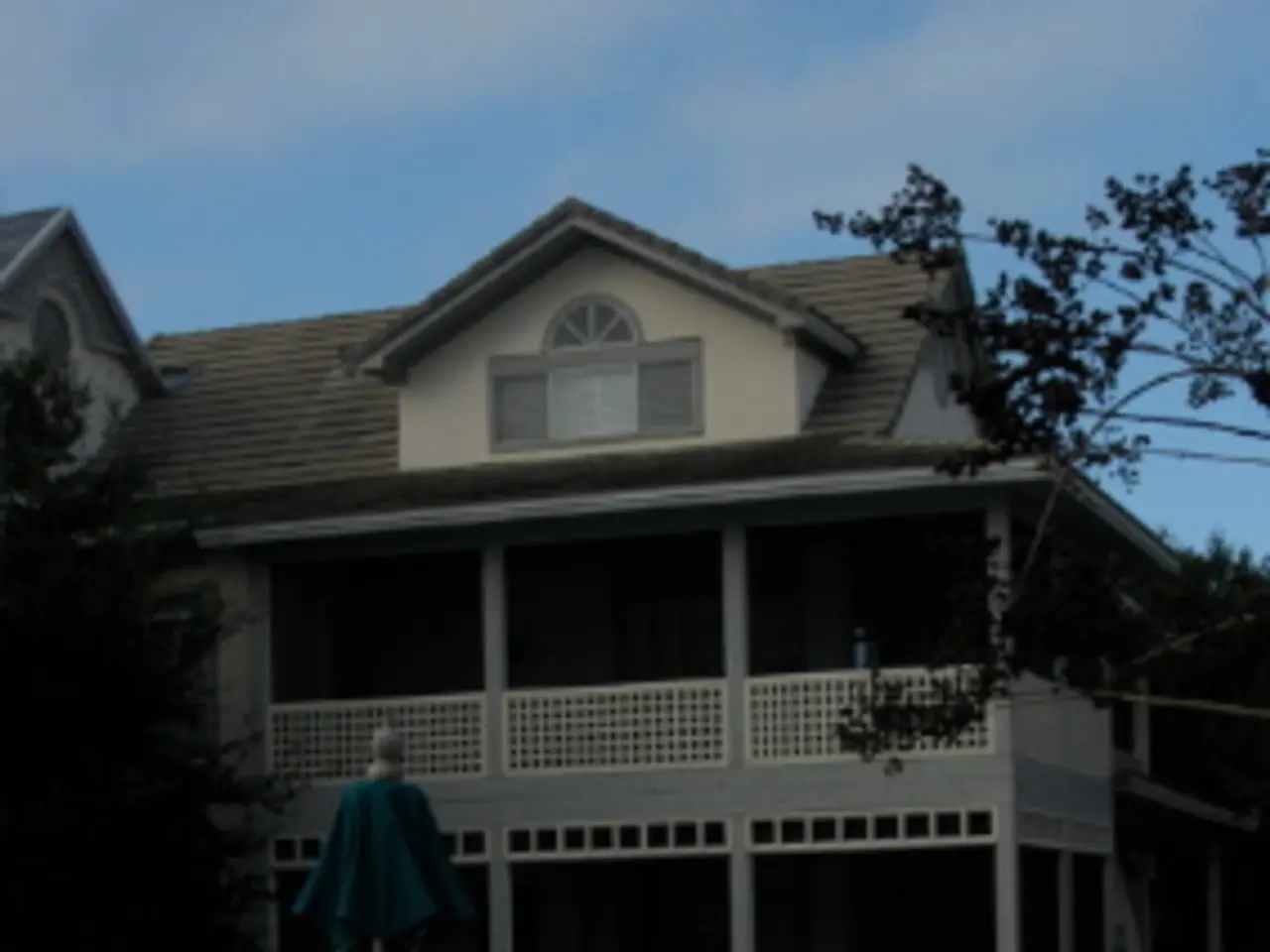France swimming champions Alain Bernard and Florent Manaudou advocate for a "swimming pool strategy" to decrease the rate of drowning incidents in France.
Paris 2024, the city hosting this year's Olympic Games, has generated an approximate surplus of 75 million euros, according to recent reports. This excess could potentially be used by the state to address a pressing issue in France – the lack of adequate swimming facilities and equipment, particularly in underprivileged regions.
A call for action, co-signed by two-time Olympic swimming champion Alain Bernard and former Olympic swimmer Florent Manaudou, has been made in an op-ed published in Le Parisien. The op-ed denounces the outdated facilities and the lack of swimming equipment for various age groups, including children, teenagers, and seniors.
The issue of inadequate pool infrastructure is not a new one. In the 1970s, a plan was made to build a thousand pools in France. However, over time, there has been a decrease in aquatic offerings due to decentralization, leaving many territories without the means to build pools for swimming lessons.
The op-ed comes in the wake of an unusually high number of drownings in France. In less than two months, more than 200 people, including 27 children and adolescents, have died by drowning. This is a significant increase compared to the number of drownings in 2024, as reported by Public Health France.
The increase in drownings is primarily attributed to a severe heatwave that drove large numbers of people to swimming areas to cool off. During this period, 429 drownings occurred, nearly doubling the previous year’s total for the same timeframe.
The surge in drownings is driven by extreme heat and increased water exposure in natural, often hazardous environments. Current pool infrastructure is insufficient to address the broader risk in natural water sites where most drownings occur. Improvement proposals emphasize technological innovation, enhanced safety infrastructure, and public education tailored to climate-driven behavioral changes.
Alain Bernard, a staunch advocate for swimming pools remaining a public service, believes that if one cannot swim, they are at risk of drowning. He states that the op-ed aims to denounce the lack of equipment for teaching swimming and is determined to reduce the number of drownings significantly.
The op-ed calls for action to address the issues of outdated facilities and lack of swimming equipment in France. If the surplus from Paris 2024 is used to redistributed funds to local authorities, it could potentially be a step towards addressing these issues and improving France's pool infrastructure.
References:
[1] Public Health France. (2025). Drowning deaths in France: A concerning increase. Retrieved from www.sante.fr/drownings-france
[2] Le Parisien. (2025). Op-ed: The urgent need for a pool plan in France. Retrieved from www.leparisien.fr/op-ed-pool-plan-france
[3] European Commission. (2022). Water Safety in the EU: A Comprehensive Approach. Retrieved from ec.europa.eu/health/water-safety
[4] French Ministry of the Interior. (2022). Drowning statistics in France: A longstanding challenge. Retrieved from interieur.gouv.fr/drownings-france
The urgent need for improved pool infrastructure in underprivileged regions, highlighted by two-time Olympic swimming champion Alain Bernard and former Olympic swimmer Florent Manaudou, could potentially be addressed using the surplus from Paris 2024. Innovative pool designs, safety infrastructure, technological advancements, and public education tailored to climate-driven behavioral changes could help reduce the number of drownings, particularly among children, teenagers, and seniors.
By investing the Paris 2024 surplus into local authorities for pool infrastructure enhancement, there is the potential to create more health-and-wellness opportunities through swimming and fitness-and-exercise, as well as address the pressing issue of science-based drownings prevention in natural water sites.




